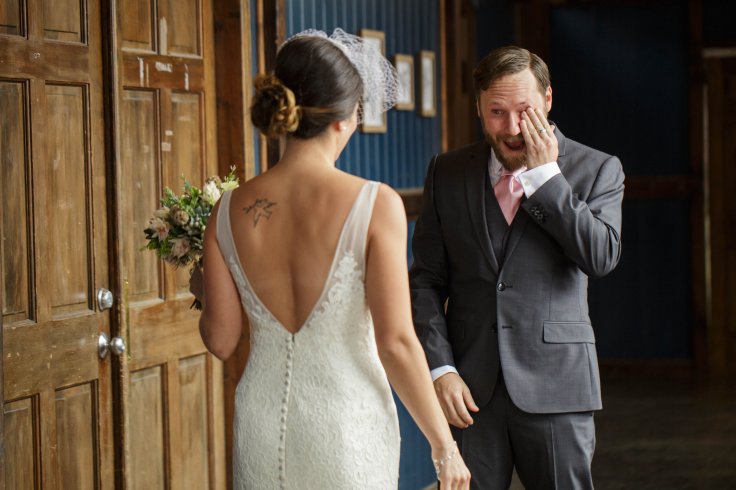I find it perfectly fitting that following my wedding recap post I write a post on the importance of conflicts in relationships. I’m not here to tell you what your relationship should look like, but I’m here to share with you a little bit about ours, and the science we follow to continue to build a healthy, happy, and loving connection.

I’m sure you’ve heard it before, ‘it doesn’t matter whether or not you and your partner have conflicts it’s how you have those conflicts.’ I find that conflicting in a ‘good, constructive’ way, can be so difficult at times, and it never quite feels like your doing it right. The ultimate goal would be that partners during any given conflict are able to listen to one another; I find that in conversations so many people are just waiting for their chance to talk. This, for me, is one of the hardest things to handle in a typical conversation, let alone a conflict. Dave is an amazing listener, he waits for you to finish your thought, asks you questions, and often when he feels that he has abruptly changed topic (it’s usually never as bad as he thinks) he will apologize immediately. Even amazing listeners have a hard time in conflict conversations. One of the strategies that our therapist gave us is to repeat back what you have heard the other person say, and then ask them if you heard them correctly. This simple act of repeating what you heard and confirming that you’ve heard it correctly is enough to ease a difficult conversation. Listening is an area of growth for me, I find I want to relate everything to myself (which turns out is not listening). At times, when I utilize the technique of repeating back, I find my speech to be stilted and seemingly unauthentic, but you know what? That doesn’t matter. What matters is that there is room for growth in all of us, and I want to be a better me and subsequently a better partner, so I will try this technique that research has proven to work.
Another goal is for each person to exhibit empathy towards one another. I find this part of conflict always requires me to ‘strike when the iron is cold.’ A Gottman term that my therapist (separate from our couples therapist, I believe that is a very important thing) reminded me about the last time I brought the remnants of a Dave and Nicole conflict into one of our sessions. For me the term means that if you take the time to cool off from a heated conflict and come back to the topic when you’re both feeling less flooded you may be better able to address the issue with effective communication. Now, it’s important to know that having empathy means that you are able to see things from someone else’s perspective, if you are unable to do this when not in a conflict perhaps working on that skill individually would be a good place to start. Dave and I often use a worksheet our therapist gave us entitled “Dreams within Conflicts.” It’s a questionnaire that allows each person to share all of their feelings surrounding the conflict and to feel safe and heard. It helps you learn more about your partner’s deepest desires and feelings, tends to resolve conflicts, and makes the relationship stronger.
Sometimes it seems there is nothing you can do, you have the conflict, it’s ugly, and you feel regretful. Stop right there, if we went around feeling like giving up after every mistake then nothing would get done (don’t I sound like Mary Poppins). It’s just as important to discuss these ‘regrettable incidents or fight’ and the feelings that surround them to ensure that the bond between you and your partner remain connected and in love. I liken it to making a mistake with your children, let’s say you got mad and yelled about something and you later realized wasn’t a big deal and you were just in a bad mood from work, it’s just as important to talk to your child about your reaction and apologize or discuss why you reacted the way you did as it is to have better conflicts in the first place. Now this aspect of conflict resolution is founded in the idea that both partners believe that they have something to learn, that their knowledge base of each other and this world is not a static thing. Self reflection is key.
I feel that the happiness in my relationship can be directly correlated to the amount of effort I am putting in to make our bond closer, and seeing that Dave is putting in just as much effort. When we have children I want them to see us hold each other, have tender embraces, have philosophical conversations, have conflict and resolve conflict.
Be well.

1 Pingback